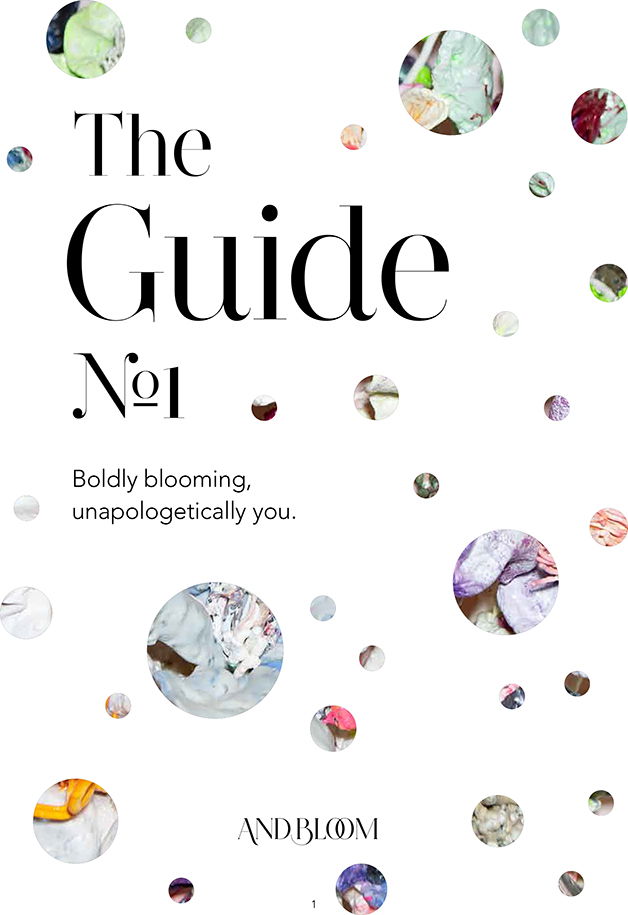
Embracing Authenticity
Lorem ipsum dolor sit amet, consectetur adipiscing elit. Integer nec odio. Praesent libero. Sed cursus ante dapibus diam. Sed nisi. Nulla quis sem at nibh elementum imperdiet.
Authenticity emerges as a precious virtue in a world where facades often overshadow true selves. It beckons us to embrace vulnerability, transparency, and integrity as essential ingredients of a fulfilling and genuine existence.
Lorem ipsum dolor sit amet, consectetur adipiscing elit. Integer nec odio. Praesent libero. Sed cursus ante dapibus diam. Sed nisi. Nulla quis sem at nibh elementum imperdiet.
Lorem ipsum
Lorem ipsum dolor sit amet, consectetur adipiscing elit. Integer nec odio. Praesent libero. Sed cursus ante dapibus diam. Sed nisi. Nulla quis sem at nibh elementum imperdiet.


Integer nec odio.
Lorem ipsum
Lorem ipsum dolor sit amet, consectetur adipiscing elit. Integer nec odio. Praesent libero. Sed cursus ante dapibus diam. Sed nisi. Nulla quis sem at nibh elementum imperdiet.


Integer nec odio.
FAQ
Authenticity refers to being true to oneself and expressing genuine thoughts, emotions, and values without pretense or conformity to societal expectations.
Authenticity is important because it allows us to align with our true selves. It fosters genuine connections, builds trust, and enhances well-being and fulfillment.
Signs of authenticity include being comfortable with who you are, having a solid sense of self, being open and honest in your relationships, and staying true to your values even in challenging situations.
Yes, authenticity can be developed and learned. It is an ongoing process of self-discovery and self-expression that involves self-awareness, self-acceptance, and the willingness to be vulnerable and authentic in your interactions.
Leading an authentic life does not necessarily mean you have to cry on social media. Authenticity is about being true to yourself, expressing your genuine thoughts and emotions, and aligning with your values. While some people may share vulnerable moments or emotions on social media as part of their authentic expression, it is not a requirement. Authenticity can be expressed in various ways, and it is up to each individual to determine how they want to share their journey and experiences with others.









